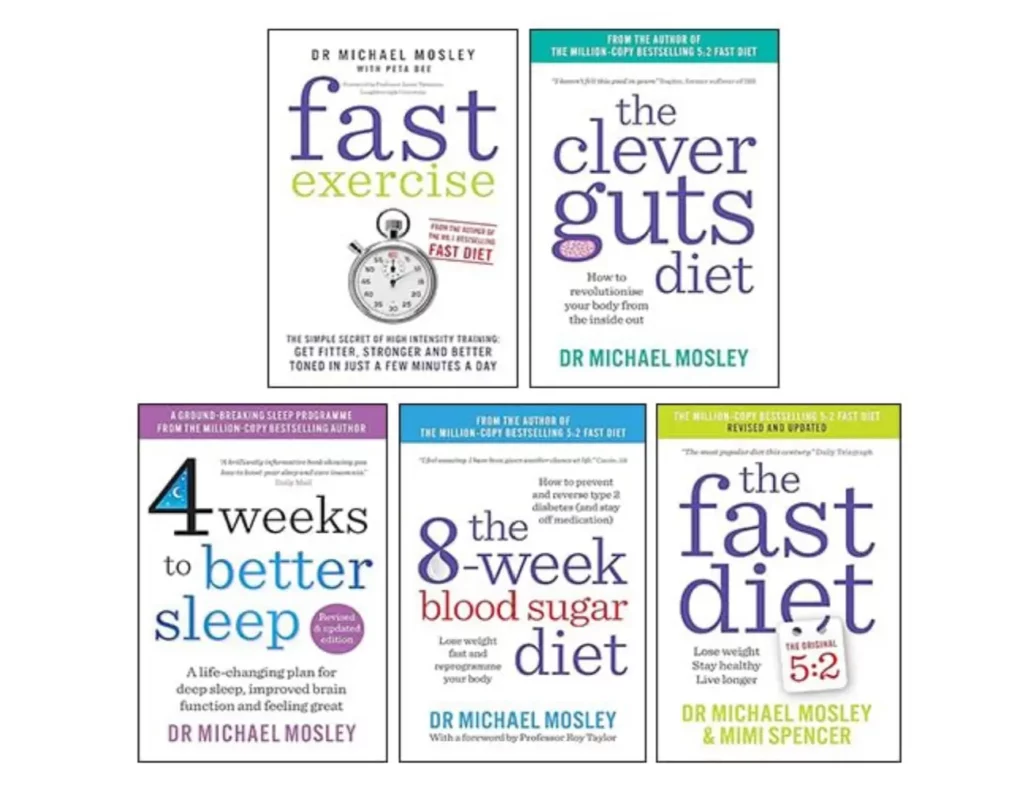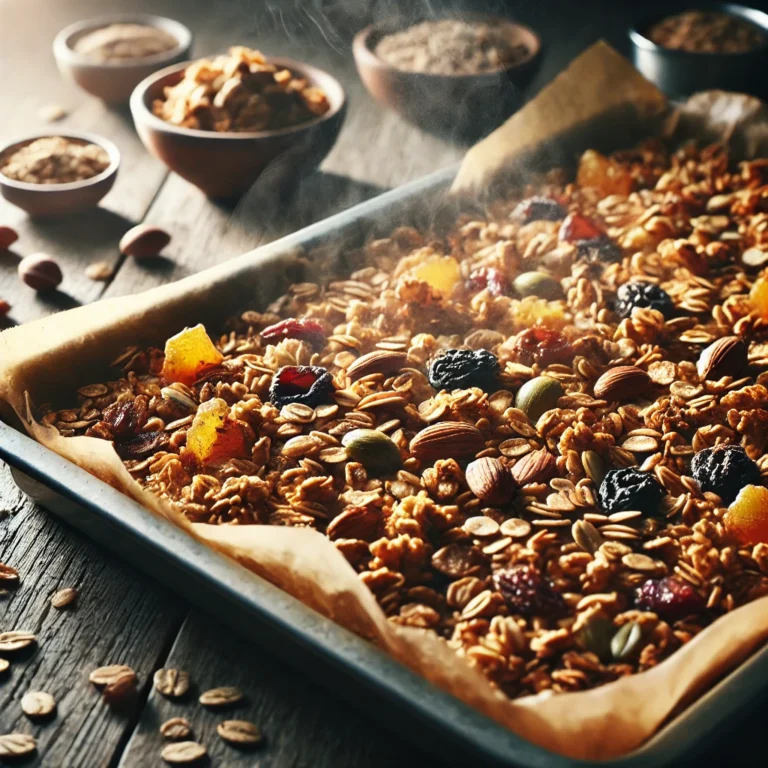*This post may contain affiliate links for which I earn commissions.*
Have you noticed that intermittent fasting seems to be everywhere these days? It’s a topic that spans from wellness blogs to scientific forums, gathering interest from people of all ages. But if you’re a senior, you might wonder if this health trend is suitable for you. Intermittent fasting is not a one-size-fits-all solution; it needs to be tailored, especially when it comes to senior health. As we age, our bodies change, and so do our nutritional needs. It’s not just about when we eat, but what we eat that becomes increasingly important.
My Experience of Intermittent Fasting
If you are new to living full of energy, you won’t know I am both a senior, and I write from MY personal experience. That doesn’t mean what works for me will work for you; we are all unique. However, I write from my authentic experience when I say I love fasting 18 hours a day. That gives me a six hour eating window. Do I do this every day – pretty much. I am a digital nomadess and sometimes when traveling the fast goes out of the window.
Why Did I Begin Intermittent Fasting
i was about 67 and living in Mexico when I began intermittent fasting. Why did I start fasting? There were two main reasons.
Mental Fog in the Afternoon
My sedentary lifestyle reduced blood flow to the brain, which contributed to my mental fog. Regular physical exercise boosts blood flow and energy levels, and taking short walks or doing light stretching exercises during breaks did improve my alertness a little, but oh boy, when I started fasting, it went completely. I was like a new woman.
I Was Accumulating Fat Around my middle.
I read a few books by A British Doctor Michael Mosley, they have all been out of print for a decade but you can see one below. What impressed me about this guy was
- He was a medical doctor
- Before he started fasting he had medical tests.
- He measured the results against the before and illustrated it with HIS medical data

In this article, I’m going to explore the potential benefits of intermittent fasting specifically for seniors. From metabolic boosts to cognitive improvements, we will look at how adopting this eating pattern may contribute positively to the later stages of life. More importantly, I aim to provide information that respects your unique situation and offers a balanced view on how intermittent fasting can fit into your lifestyle.
Understanding the Aging Body and Nutrition
When you age, your body doesn’t quite work the way it used to. Metabolism naturally slows down, and your body’s ability to break down and assimilate nutrients changes. This means that what you eat becomes increasingly important as you get older. It’s not just about calorie intake; it’s about choosing the right nutrients that your body needs to stay healthy and functional.
Why is a tailored diet crucial for seniors? Simply put, as you reach your golden years, you need fewer calories, but your need for nutritional density increases. Vitamins, minerals, and other nutrients become critical for maintaining muscle strength, bone density, and overall vitality. There’s also the matter of appetite, which tends to decrease in seniors, making it all the more necessary to get the most nutrition out of every bite.
This is where intermittent fasting could play a strategic role. The idea of eating within a specific window each day aligns well with the body’s internal clock, known as the circadian rhythm. Fasting during certain hours can help optimize nutrient absorption and use, potentially giving seniors an edge in meeting their nutritional needs without overeating.
But how do we connect this practice with actual benefit for seniors? The next section will explore the concrete ways intermittent fasting can affect metabolic processes and what that might mean for the aging population.
How Intermittent Fasting Can Boost Senior Metabolism
When I talk about metabolism, especially in seniors, it’s like opening a window into how our bodies convert food into energy. It’s a complex dance of hormones and biological processes that, honestly, tends to slow down as we get older. But there’s good news: intermittent fasting seems to cue the band to start playing a livelier tune.
The core of intermittent fasting lies in its ability to tweak insulin sensitivity. Insulin is a keyword here because it plays a leading role in how your body uses sugar. Think of it as a bouncer at the door of your cells, deciding when sugar goes in. With regular fasting periods, insulin becomes more discerning, potentially leading to better sugar control and thus, a more efficient metabolism.
That’s not just a mere hypothesis. Research has highlighted that when seniors incorporate fasting into their routines, they sometimes see notable improvements in the hallmark indicators of a healthy metabolism, like blood sugar levels and even cholesterol profiles. These changes can mean going from a sluggish metabolic state to one that’s more vibrant and energetic.
Now, it’s not a magic pill – there’s no such thing in nutrition. But the evidence suggests a promising trend. Picture a senior swapping out the slow waltz of their metabolism for a brisk walk in the park. It’s that level of change I’ve seen fasting bring, with the right guidance and a nuanced approach, of course.
And speaking of change, cognitive function is another area where intermittent fasting may play a substantial role for older adults. Our journey continues as I explore the ways that fasting not only fuels the body but might also fuel the mind in the upcoming section.
Intermittent Fasting and Cognitive Function in the Elderly
I’ve observed many seniors are particularly concerned about maintaining their cognitive abilities as they age. It’s a valid concern, and interestingly, intermittent fasting might just have a supportive role to play here. Let’s turn a practical eye toward the connection between intermittent fasting, brain health, and memory.
Numerous studies suggest that this eating pattern benefits the brain in several key ways. Intermitting fasting is believed to promote neuron growth and enhance neuroplasticity, which is the brain’s ability to adapt and form new connections. This could be crucial for seniors looking to preserve their cognitive function.
Another angle worth considering is the potential of intermittent fasting to reduce the risk of developing neurodegenerative diseases. Research points to the possibility that fasting could help in delaying the onset of conditions like Alzheimer’s and Parkinson’s, which are concerns for many seniors.
It’s not just studies that tell us fasting might be beneficial for our brains. I’ve come across several accounts of seniors who credit intermittent fasting with giving them a sharper mind and better memory. While these stories are not scientific proof, they do offer hope and highlight the need for further investigation.
Enhancing Heart Health Through Intermittent Fasting
The heart is the workhorse of the human body, especially as we age. Understanding how to support and strengthen it is critical for longevity. Intermittent fasting has emerged as a notable ally in the mission to boost heart health among seniors.
Research has repeatedly shown that there’s a relationship between the timing of meals and cardiovascular health. Intermittent fasting may encourage a reduction in ‘bad’ LDL cholesterol, blood pressure, and blood triglycerides, all risk factors for heart disease.
One compelling study illustrated how participants following an intermittent fasting regimen experienced a notable improvement in their overall cardiac risk profile. The findings add to a growing cache of literature suggesting that periodic fasting may help maintain a healthier heart in older adults.
But it’s not just the scientific studies that sing the praises of intermittent fasting for heart health – doctors and patients alike report positive outcomes. Many seniors who adopt intermittent fasting speak of increased energy and a feeling of lightness, both anecdotal markers that can indirectly signal improved heart function.
While the connection between intermittent fasting and heart health is promising, it’s essential that any dietary changes, especially in the senior years, are done under the supervision of a healthcare provider. With personalized guidance, elderly individuals can safely integrate intermittent fasting into their routines to potentially fortify their heart health.
Intermittent Fasting and Its Role in Weight Management for Seniors
As we age, our bodies often encounter a double-edged sword when it comes to weight management: sluggish metabolism on one side and muscle mass loss on the other. Intermittent fasting emerges as a compelling player in this balancing act. The emphasis here is on its potential to aid seniors in shedding excess pounds while striving to retain, or even increase, lean muscle.
The process of intermittent fasting involves cycling between periods of eating and fasting. This pattern can kickstart the body’s energy utilization processes, pushing it to draw from fat stores for fuel. It’s a shift away from relying on quick, sugar-based energy, and it can be particularly effective for seniors facing the slow creep of weight gain.
But what about muscle? The common concern is that dietary restrictions might exacerbate the very muscle wastage we’re eager to prevent as we grow older. Remarkably, the strategic implementation of intermittent fasting may help maintain, and potentially enhance, muscle mass. This is partly because fasting has been shown to elevate growth hormone levels, which play a crucial role in muscle health.
I’m not just recounting studies here—I have witnessed seniors who’ve embraced intermittent fasting with proper guidance boast about newfound vitality and improved body composition. They often celebrate not just numbers on a scale, but the tangible feeling of wellness and strength.
However, the approach must be thoughtful and monitored. Seniors considering intermittent fasting should engage with healthcare providers to tailor the practice to their unique health profiles and avoid any undesirable effects related to dietary changes.
With an informed, personalized fasting regimen, seniors can optimize their weight management. It’s not merely about stepping onto the scale; it’s about stepping up the quality of life in later years.
The Immunity Connection: Can Intermittent Fasting Help?
It’s a reasonable inquiry. When I consider the various diet trends I come across, I often wonder if there’s more to them than weight management. Intermittent fasting has been making waves, but beyond its potential to help in shedding pounds, could it actually bolster the immune defenses, particularly in seniors?
Here, we examine how intermittent fasting might influence the immune system. For elderly individuals, maintaining a strong immune system is crucial. With age, the body’s defenses can become less robust, leaving one more susceptible to illness.
Studies have shown that intermittent fasting can lead to several immune-related improvements. It can reduce inflammation, a known risk factor for many chronic diseases. Moreover, fasting may help in recycling old cells, including immune cells, through a process called autophagy, which could lead to better immune function.
Experts in the field have weighed in, suggesting that intermittent fasting can lead to a more regulated and efficient immune response. It’s this efficiency that might provide an edge when it comes to fending off infections and maintaining overall health in the golden years.
However, it’s important to approach this with a grain of caution. Intermittent fasting, like any diet change, can have different effects on different people, especially in the elderly who might have chronic illnesses or be on various medications.
Moving into the real-world application, next up we’ll explore how seniors can safely incorporate intermittent fasting into their daily routine. Careful planning and medical advice are key to making sure the golden years shine as brightly as possible.
Integrating Intermittent Fasting Into a Senior’s Lifestyle
Adopting intermittent fasting as a senior isn’t just about deciding to skip meals. It’s a lifestyle choice that demands careful consideration and adjustments to ensure it’s both safe and beneficial.
Start small. If I’m new to intermittent fasting, I emphasize to take it slow. I might try shortening my eating window by just an hour or two to begin with.
Hydration is crucial. I always remind myself to drink plenty of water throughout the day, especially during fasting periods when I might not be getting hydration from food.
Balanced meals count. When I do eat, I make my meals count by focusing on nutrient-dense foods. This way, I ensure my body is getting the essential vitamins and minerals it needs.
Consistent schedules help. Maintaining a regular eating schedule can help my body adapt to the new routine, and I find it makes sticking to the fasting plan easier.
Consultation with healthcare providers is key. This ensures my fasting plan aligns with my overall health and any medications I’m taking.
Listen to my body. I pay attention to how I’m feeling during fasting. If I experience dizziness, weakness, or any other concerning symptoms, I don’t hesitate to adjust my approach or seek medical advice.
Consider complementary practices. Moderate exercise, good sleep, and stress management techniques can enhance the benefits of intermittent fasting and support overall well-being.
Some Days My Fasting Goes Out of The Window
Some days I am starving and when I ma hungry I eat. Not just eat I do have a caveat first. It is very difficult for hte human body to ascertain whether a person is hungry or thirsty. Since both hunger and thirst can cause similar symptoms like headaches and dizziness, it’s important to pay attention to your body’s other cues and recent behavior.
The hypothalamus is an area in the brain and it regulates both hunger and thirst. Sometimes, it can misinterpret signals, causing you to feel hungry when you’re actually thirsty. To make sure this is not happening I drink a glass of water. If I am still feel hungry a half an hour later, I know I am actually hungry. Then I eat, generally a banana. This trick of checking whether I am thirty saves me eating out of fast hours, at least once a week.
Concluding Thoughts: The Balanced Approach to Intermittent Fasting for Seniors
Intermittent fasting could offer many seniors a path to improved well-being, but it’s no magic pill. The key benefits we’ve covered include potential metabolic enhancement, cognitive support, better heart health, weight management, and possibly a more robust immune system. These can contribute significantly to a senior’s quality of life.
Yet, as with any dietary change, especially at an advanced age, it’s important not to leap in without due caution. Understanding one’s health and seeking personal medical advice are critical steps. Intermittent fasting warrants a thoughtful, informed approach tailored to an individual’s unique health profile.
Moreover, seniors should bear in mind that health is holistic. Intermittent fasting is a single piece of the puzzle. Regular exercise, adequate sleep, social connections, and stress reduction remain vital components of overall health.
As promising as the research is, we’re still uncovering exactly how and why intermittent fasting impacts seniors. I recommend staying well-informed, keeping an open dialogue with health care providers, and adjusting strategies as new findings emerge.
For seniors curious about intermittent fasting, it’s crucial to balance enthusiasm with prudence. Approach it as a complement to, not a substitute for, medical advice and a healthy lifestyle. With careful consideration and professional guidance, intermittent fasting may be a rewarding element in the quest for a fulfilling senior life.






